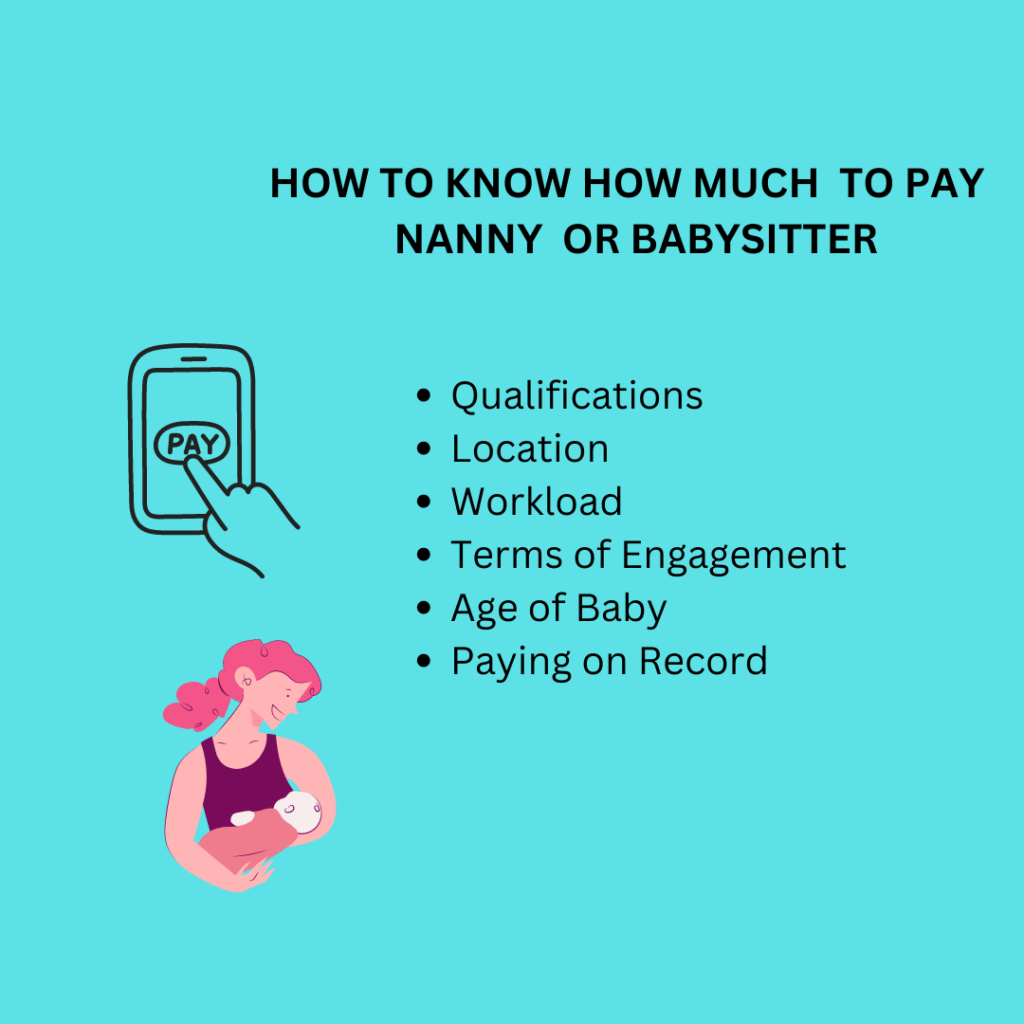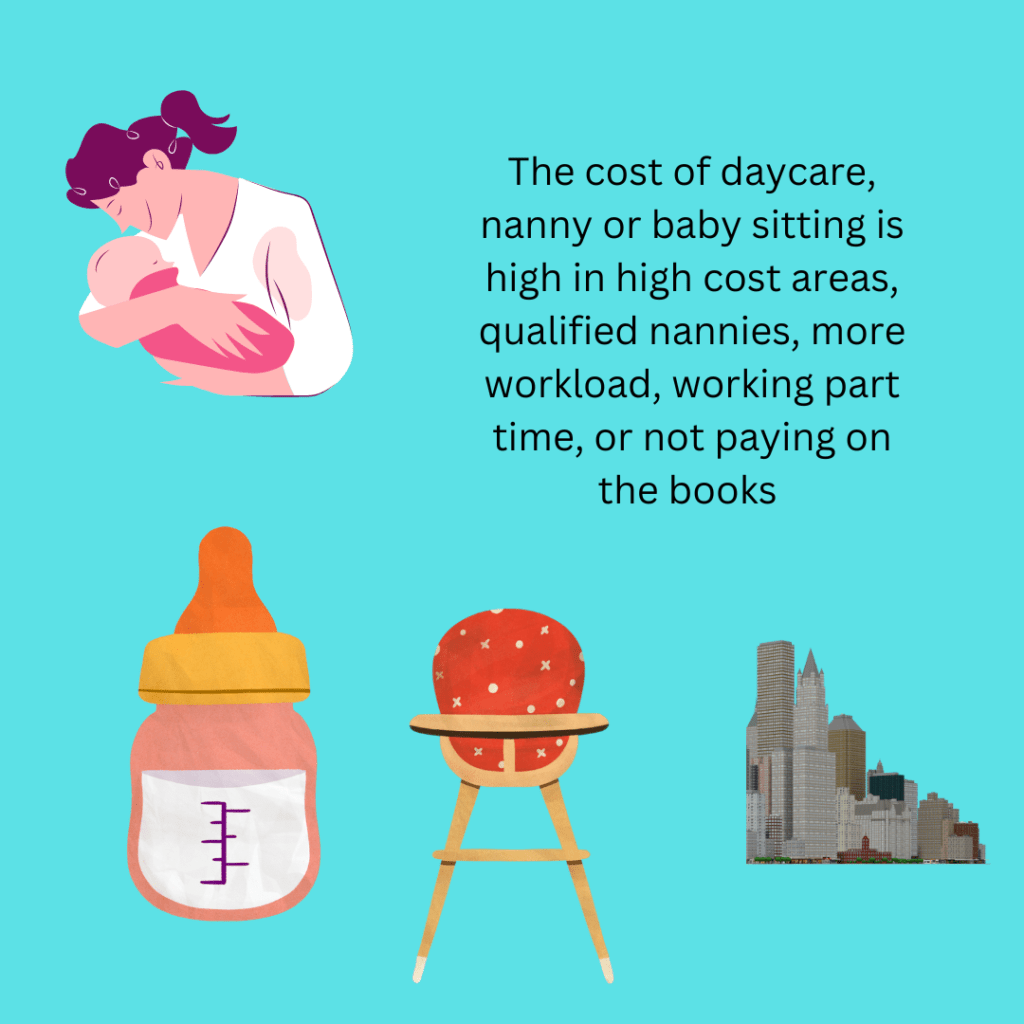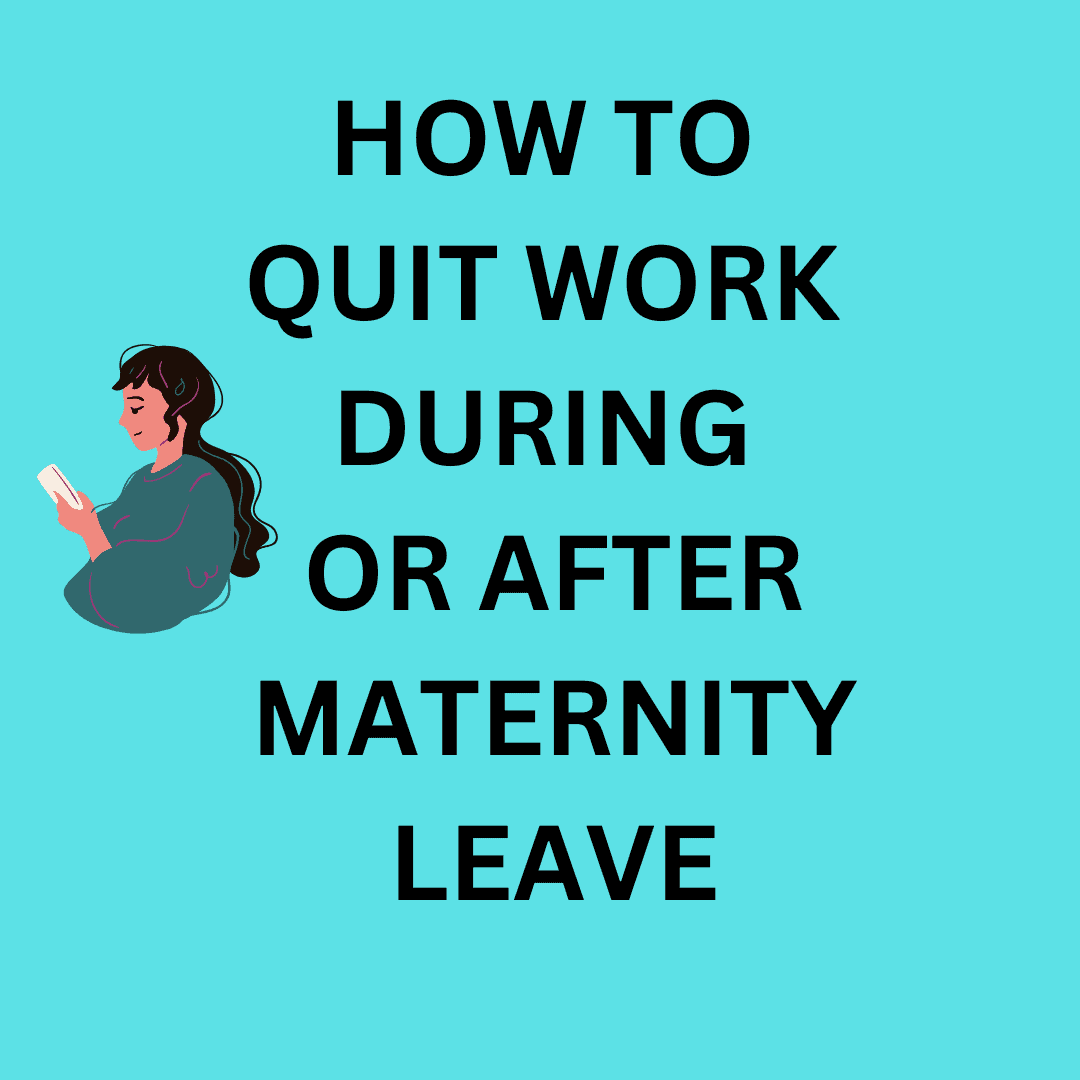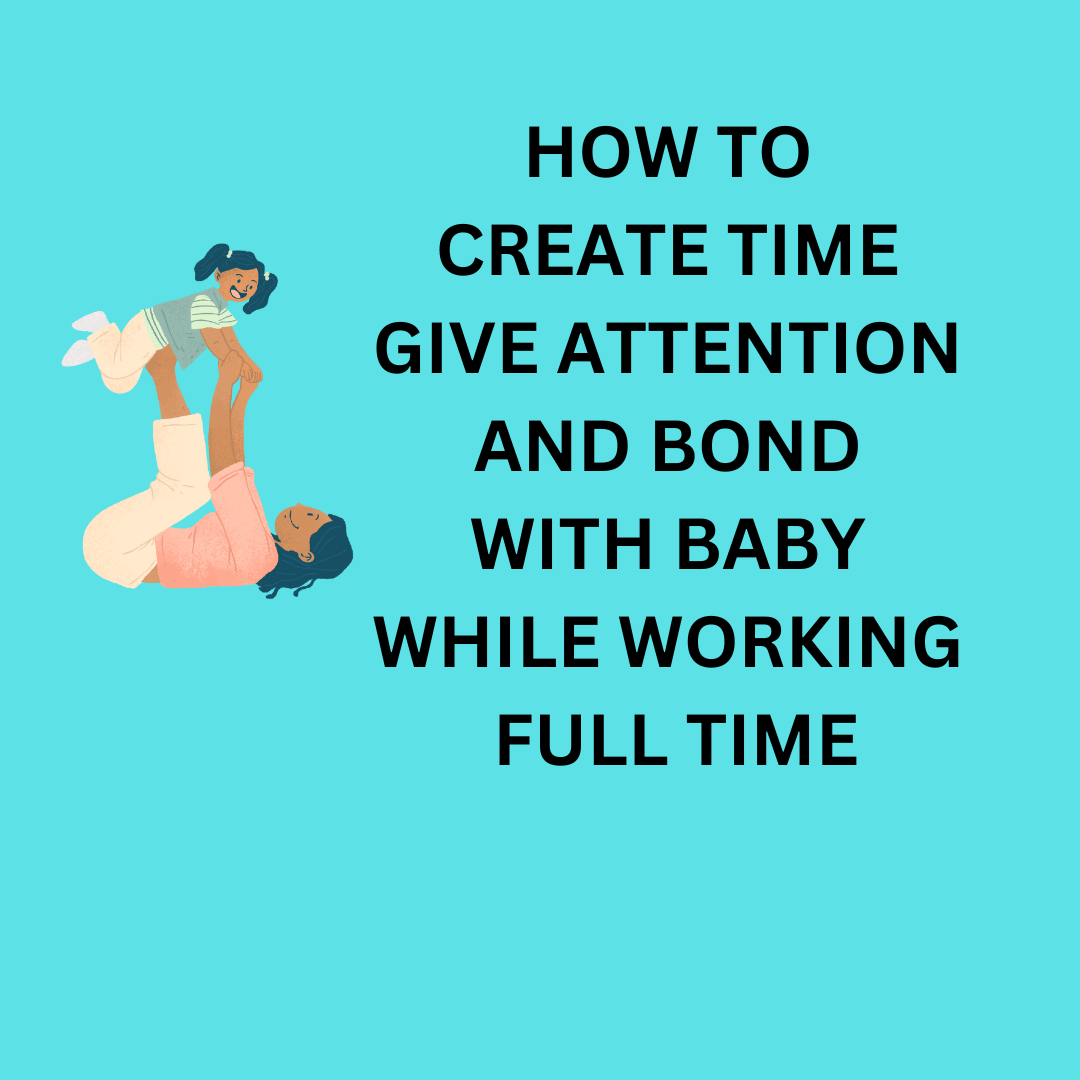How Much to Pay Nanny/Babysitter
The cost of hiring full-time or part-time childcare is quite high for working moms. On average most nannies will charge and ask for a pay rate from $15 per hour to $ 30 per hour per child. The same translates to $1800/month per child to $ 4500 per month per child for a nanny or a babysitter depending on several factors.
The average rate of a nanny, babysitting, or daycare is especially high in high costs areas. You will pay a lot for nannies or baby sitters if you live in the following high-cost cities
- Los Angeles
- Bay Area
- Manhattan
- Honolulu
- San Francisco
- Brooklyn
- Washington
- Seattle
- Orange County
The minimum you can pay for a nanny or a babysitter in these areas is $ 300 per child per week. On the other hand the cost of childcare in these areas can go as high as $2800 per child per month.
Unlike the set rate for daycare, you can negotiate the pay rate of your nanny or babysitter. You can both agree on a more favorable rate which to pay your nanny for a babysitter.
How Much should Daycare Charge?
Day cares are also costly compared to several factors, especially location. On average you can pay $1500 to $ 2800 per child per month when you enroll your child in daycare.
Day cares in A , Bay Area, Manhattan, Honolulu, San Francisco, Brooklyn, Washington, Seattle, or Orange County charge the highest. The minimum you can pay for a daycare sitter in these areas is $ 2200 per child per month. On the other the cost of daycare in these areas can go as high as $3500 per child per month.
How to Decide Pay rate for your Nanny/Babysitter

1. Qualifications- Qualified Nanny Charges More
If you need to know how to pay your nanny or babysitter, look at their qualifications. The more qualified your nanny is the more money you will pay them.
A qualified nanny or babysitter can ask for a minimum of $ 30 per hour depending on location and the workload that you have. On the high side, qualified nannies can charge as high as $ 40 per hour.
You will calculate the pay rate for your care giver based on how qualified they are. If you require your nanny or babysitter to have a variety of educational backgrounds in childcare, you will have to pay more for their services.
Read: Minimal Requirements to Check when Hiring a Nanny
2. Location- Babysitters are Expensive in High-Cost Area
Location plays a key role in the rate that nannies and babysitters charge. As such the calculation of how much is reasonable to pay your nanny or baby sitter will be guided by where you live. The areas that are considered to have a high cost of living tend to charge higher for nannies, babysitters, and daycare.
The average cost for nannies, babysitters, and daycare are always is high in cities such as LA , Bay Area, Manhattan, Honolulu, San Francisco, Brooklyn, Washington, Seattle, or Orange County. The minimum monthly rate of nanny ranges in these areas is $ 2500 per child. On the upper end , it can go as high as $3500.
However, in low-cost areas such as Indiana, Dayton, Ohio, Pennsylvania, Memphis, Anniston, Amarillo or Oklahoma, you can pay a nanny a salary of between $ 15 and $20 per hour per child. The area you live in and the average for that area will guide you when you are figuring out how much to pay your nanny or babysitter.
3. Job Description- More Expectations=Higher Pay
The more work that your nanny or babysitter has to do for you and your household, the more pay they will demand. Nannies will charge you a rate per child.For instance, if you have multiple kids, you will pay more than a working mom who only has one kid for babysitting.
Also if you require your nanny or babysitter to undertake other chores such as housekeeping etc., they will charge more for this service than they would were they only do baby care alone. Therefore consider how much work you are giving your nanny or babysitter and it will guide you on the rate you need to pay them.
4. Demand- Full-time vs Part-time/Hourly
The arrangement for which you are engaging your nanny or babysitter will be factored into the cost of your childcare. Salaries for full-time nannies will always be lower in comparison with part-time. It’s very common for the hourly going rate for nannies and babysitters to be higher when it’s fewer than 40 hours per week.
When you engage your nanny for instance from Tuesday to Friday, they may not be able to find another job that’s 8 hours on Monday. As a result, they will want a paycheck that represents full-time work or closer. An average rate for full time nanny in the USA is $ 200 per week.
Therefore look at the hours or days you are engaging your nanny or babysitter and factor in this element when setting up a pay or salary rate for them. In your calculations, look at how many hours your nanny will not be working for you and try to compensate because they may not find something else to fill these hours up.

5. Age of Child(ren)-Rate is Higher for Infants
The age of your child will help you know which rate is normal and reasonable for your nanny or babysitter. You will pay more for infants or young babies compared to older kids. Even in daycare, the rate for the infant class is higher than for those other classes.
The minimum rate for an infant nanny or daycare is $180 per week. Your calculation of the pay rate should only go up and above this minimum wage for infants nannies and baby sitters.
6. Special Needs Kids
Just like with infants, kids with special needs require a special pay. Equally you will need to pay higher than average rate if your child has special needs and requires special care. Such nannies or baby sitters caring for kids with special needs charge highest because skills are needed.
Such nannies are highly trained and skills in meeting the needs of such children. They are also very rare for find which further makes their rate to go up. As such you will need to pay a minimum average of $ 220 per child per week.
7. Mode of Payment
You can opt to pay your nannies cash or on the book with or without a payroll system. When you pay your nanny off the book, you do not pay taxes. You’ll find that many nannies ask for a higher wage when being paid over the table to account for the taxes.
Many nannies and babysitters will not be interested in being paid legally. However, the benefits of paying your nanny or babysitter on the books are that have some tax advantages.
Read: How Singles Moms Afford to Pay Daycare
Should i Pay Payroll Taxes for Nanny
When you hire a nanny or babysitter and pay her on the books you’re also responsible for your portion of payroll taxes. You are also responsible for withholding her taxes and then submitting them to the government.
Alternatively, you can get your nanny or babysitter from an agency. Instead of doing everything on your own, or with a payroll service, an agency can process this for you. An agency will charge you a flat hourly rate and contract the nannies hence you don’t need to submit their taxes. In return, they handle nanny’s taxes in addition to managing replacement and other child care feedback.
In addition to the taxes and the basic pay for your nanny and babysitter, you’ll be paying PTO, and standard sick pay. Also, you may need to offer an insurance stipend and sometimes a contribution to a 401k for your nanny/babysitter.
Should I Pay Family for Babysitting minimum
Some family members and friends will not require that you pay them when they babysit your child. However, if you are having your family member nanny or babysit your child, you can have an agreement on how they can be compensated.
When you both agree that payment for babysitting is necessary when the family member babysits your baby, then you can work on a fee. If you can afford it and especially if they are trained and qualified you can pay the average rate for a nanny or babysitter in your area.
On the other hand, you can pay a rate lower than the market rate. Since the family member is helping you by babysitting your baby, you can agree on the most favorable compensation rate that will suit both of you.
You can hence pay a family member to babysit your child for free or as low as $800 per month per child. Most moms or moms-in-law will charge lower than this because you are family.
On the upper end, you may have to pay your family member equal to the average rate which may go as high as $3000 per child. It could be your mom, your mom-in-law, sister or other relatives.



